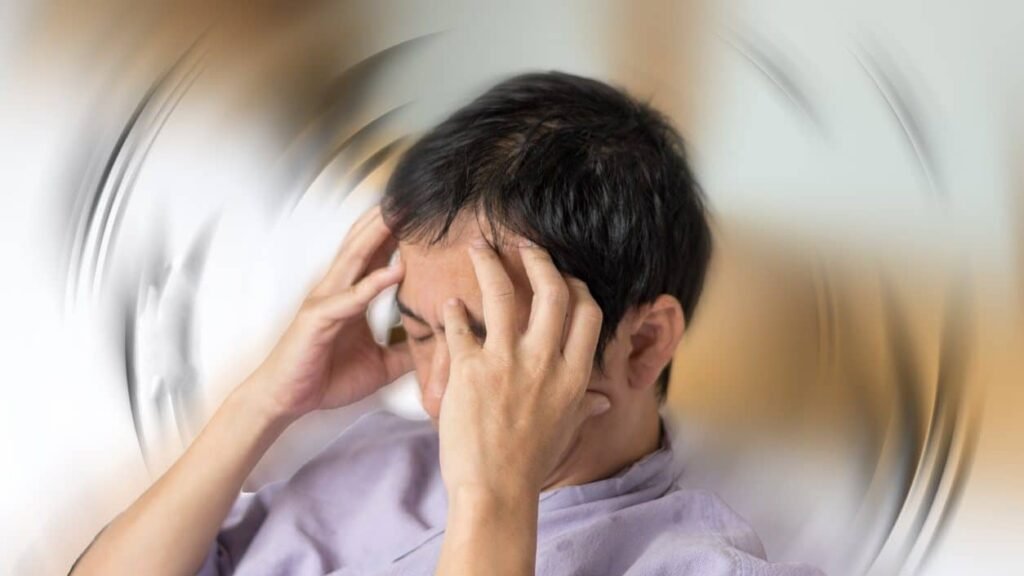Meniere’s disease is a chronic inner ear disorder characterized by a triad of symptoms: vertigo (a spinning sensation), hearing loss, and tinnitus (ringing in the ears). It is named after the French physician Prosper Menière, who first described the condition in the 19th century.

Symptoms:
- Vertigo:
- Description: Episodes of severe dizziness or spinning that can last from minutes to hours. The vertigo can be accompanied by nausea and vomiting.
- Frequency: Episodes can be frequent or infrequent, and their severity can vary.
- Hearing Loss:
- Description: Fluctuating hearing loss that can become progressively worse over time. It often affects low frequencies initially but may eventually affect higher frequencies.
- Progression: Hearing loss may become permanent in some cases.
- Tinnitus:
- Description: Ringing, buzzing, or hissing sounds in one or both ears.
- Impact: The tinnitus can be constant or intermittent and varies in intensity.
- Aural Fullness:
- Description: A sensation of fullness or pressure in the affected ear(s).
- Associated Symptoms: Often occurs before or during vertigo attacks.
Causes:
- Fluid Buildup: Meniere’s disease is thought to be related to an abnormal accumulation of fluid (endolymph) in the inner ear, specifically in the cochlea and vestibular apparatus.
- Genetic Factors: There may be a genetic predisposition, though the exact genetic links are not well understood.
- Autoimmune Response: Some researchers believe that autoimmune processes might play a role in Meniere’s disease.
- Viral Infections: Previous viral infections may trigger or contribute to the development of Meniere’s disease.
- Environmental and Lifestyle Factors: Stress, dietary factors, and certain medications may exacerbate symptoms.
Diagnosis:
- Medical History and Physical Examination:
- Discussing the symptoms, their frequency and duration, and any associated factors.
- Hearing Tests:
- Audiometry: To assess the degree of hearing loss and its impact on different frequencies.
- Balance Tests:
- Vestibular Function Tests: To evaluate balance function and the presence of vertigo.
- Electronystagmography (ENG) or Videonystagmography (VNG): To assess eye movements and vestibular function.
- Imaging:
- MRI or CT Scan: To rule out other potential causes of symptoms, such as tumors or structural abnormalities.
Homeopathy for Meniere’s Disease:
Some homeopathic remedies that might be considered include:
- Cocculus Indicus: For vertigo with nausea and a sensation of spinning.
- Petroleum: For vertigo with a feeling of fullness in the ear.
- Belladonna: For acute episodes of vertigo with intense symptoms.
- Calcarea Carbonica: For chronic cases with associated hearing loss and a sense of fullness in the ears.

